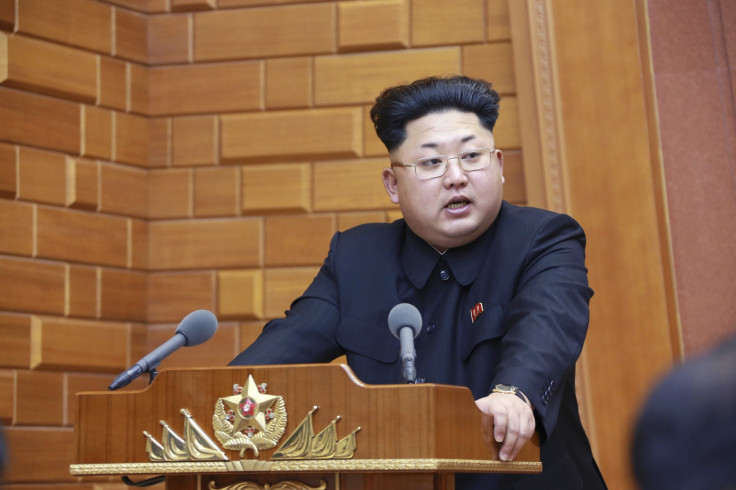Do Gordon Brown and the pro-EU left think North Korea is the only country outside the EU?

When I saw our former Prime Minister Gordon Brown had said Britain outside the EU would be like North Korea, I felt sorry for the poor man. Surely he has been subjected to the same misrepresentation that Eurosceptics constantly face? Sadly this is not the case. Brown really does think that, as he revealed in an article in the Guardian in March.
Of course one should not be too surprised at this. The "saviour of the world's financial system" has displayed his somewhat shaky grasp of logic in the past. During his days as prime minister, Brown's alleged defence of the ongoing Afghan war was essentially that sending British citizens to be killed on Afghan streets ensured they would not die on British streets.
Despite that, it is such a shame to see Brown descend to the level of Nick Clegg, of all people. In 2014, Clegg debated the EU with Ukip leader Nigel Farage and constantly claimed the UK outside the EU would be a "Billy-no-mates Britain". He may not have used the words "North Korea" but he does seem to believe that if you are not run by a foreign power, you have got to live like some kind of hermit.
Sadly for Clegg, the debate did not have the desired effect on his party's campaign for the European Parliamentary elections (the slogan for which should have been Lie Back And Think Of Europe). His party lost 90% of its seats, while Ukip nearly doubled its representation.
EU and Europe confusion
Back to Brown, who recycles many of the tired non-arguments in favour of our membership of the EU, most of which rest on the mistaken assumption that the EU is Europe and Europe is the EU.
The most obvious of these is his claim that three million jobs and a host of other economic benefits are "linked to Europe". This may well be the case. Yet most of those jobs are undoubtedly there because the people of Europe want to buy products from the UK.
If Britain left the EU, it is highly unlikely the people of Europe would be so small minded as to boycott Britain. Actually, 200 years ago Britain really did face a boycott from a kind of proto-EU when Napoleon introduced the Continental System across his European empire.
The result of this calamitous policy was the impoverishment of parts of Europe dependent on trade with Britain, the creation of a roaring black market in British goods and the ultimate downfall of Napoleon and his empire.
Despite this, Brown should at least be praised for one thing he gets right in his article. This argument should be more than "factsheets about trade" and should be about "a gut emotional appeal".
When pro-EU types make lurid claims that three million jobs would be at risk if we left the EU, one cannot help but think their argument for staying comes down to saying "we have to do it for the money". That may be good enough for a small country that has emerged tattered and torn from decades of communism, tyranny and poverty, but it should not be enough for what is, or at least was until recently, a superpower of world trade.
Brown finishes by branding those who think Britain cannot take on leadership of the EU as "defeatist". He is of course free to do so but what could be more defeatist than the pro-EU view saying Britain is too small and insignificant a country to have a viable economy or a place in the world worth noting unless it dissolves itself into a larger empire?
© Copyright IBTimes 2024. All rights reserved.





